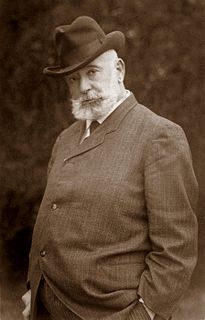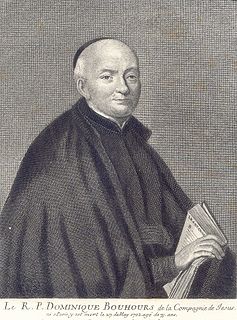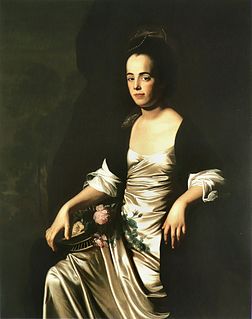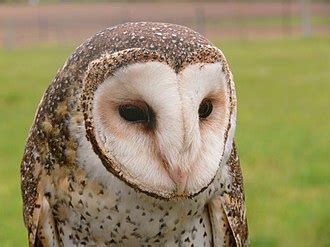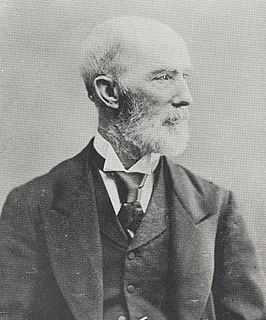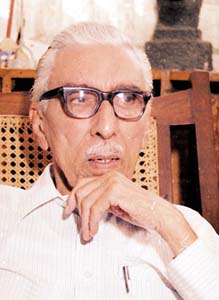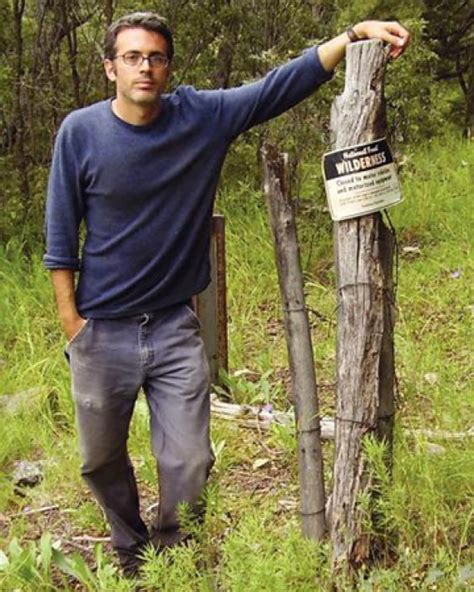A Quote by Clement Greenberg
One is also reminded of how, in art, the tortoise so often overtakes the hare.
Related Quotes
So Zeno is most famous for his tortoise paradox. Let us imagine that you are in a race with a tortoise. The tortoise has a ten-yard head start. In the time it takes you to run that ten yards, the tortoise has moved one yard. And then in the time it takes you to make up that distance, the tortoise goes a bit farther, and so on forever. You are faster than the tortoise but you can never catch him; you can only decrease his lead.
But as the work proceeded I was continually reminded of the fable about the elephant and the tortoise. Having constructed an elephant upon which the mathematical world could rest, I found the elephant tottering, and proceeded to construct a tortoise to keep the elephant from falling. But the tortoise was not more secure than the elephant, and after some twenty years of very arduous toil, I came to the conclusion that there was nothing more that I could do in the way of making mathematical knowledge indubitable.
It is always advisable to obtain a mantra from a self-realized master. Until then we may use one of the mantras of our beloved deity like 'Om Namah Shivaya', 'Om Namo Bhagavate Vasudevaya', 'Om Namo Narayanaya', 'Hare Rama Hare Rama, Rama Rama Hare Hare, Hare Krishna Hare Krishna, Krishna Krishna Hare Hare', 'Om Shivashaktyaikya Rupinyai Namaha' or even the names of Christ, Allah or Buddha.













